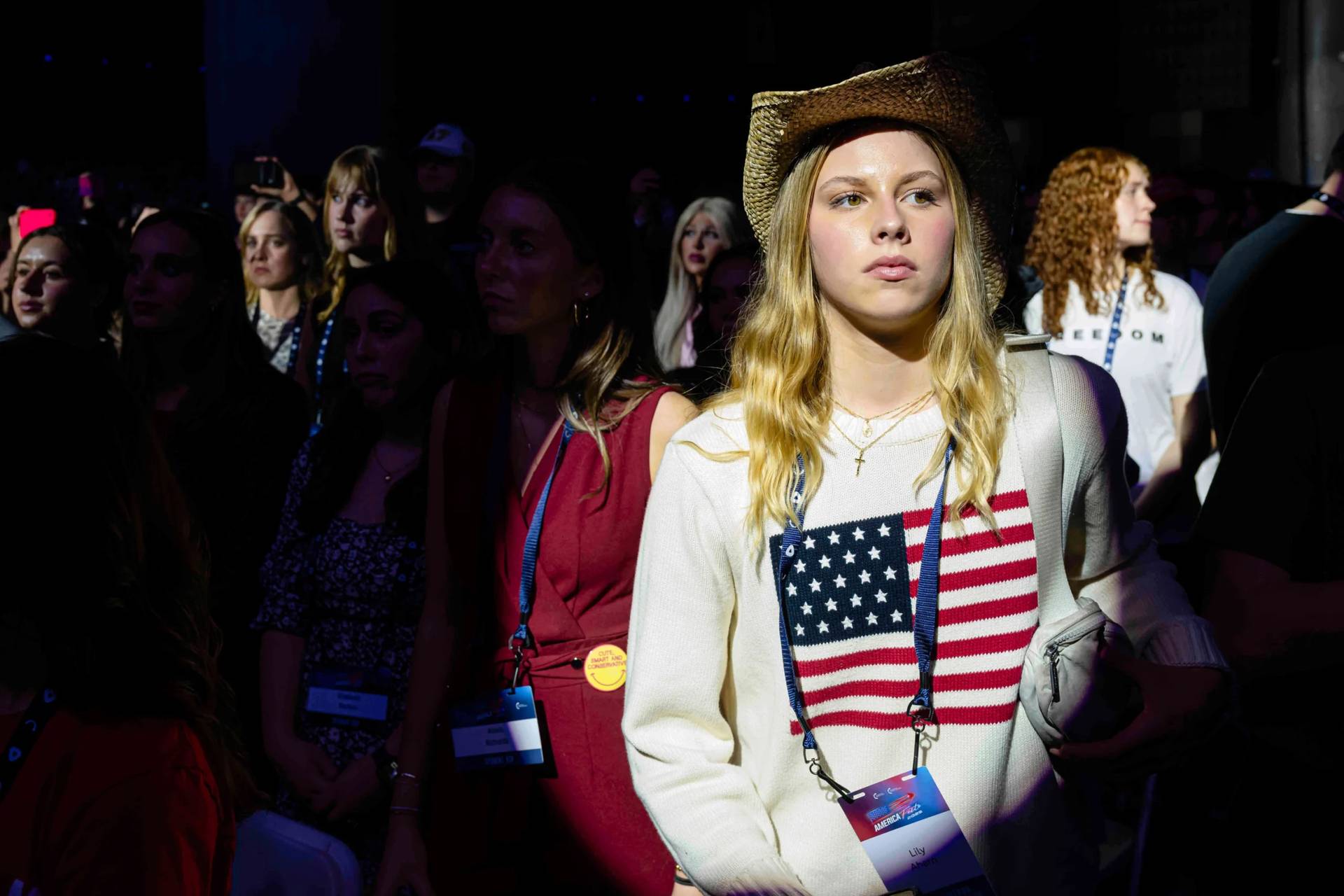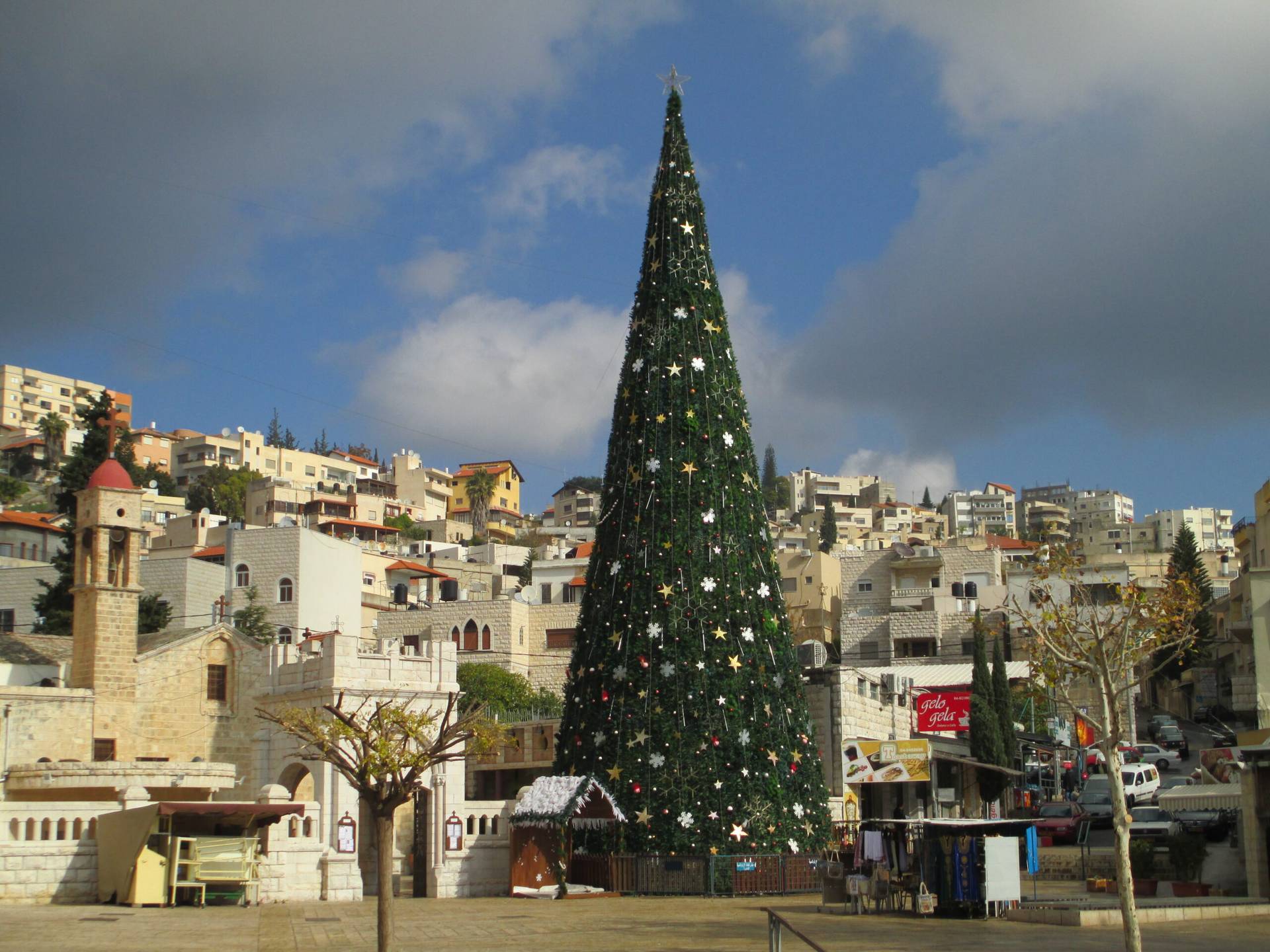ROME – Though the Vatican may be trying to ignore the tempest generated by explosive allegations from a former papal ambassador that Pope Francis knew about misconduct allegations against ex-Cardinal Theodore McCarrick and ignored them, that didn’t stop reverberations being felt in Rome on Wednesday.
True to his pledge in an in-flight press conference Sunday night to not “say a word” about the charges, Pope Francis during his regular Wednesday general audience didn’t allude to the McCarrick charge. He did recall his weekend trip to Ireland, which featured an apology for the “sins, scandal and sense of betrayal” of the clerical abuse scandals, said that his meeting with survivors left a “deep impression,” and called for “honesty and courage” in facing the situation.
Yet despite the Vatican’s apparent strategy of riding out the storm, there were at least four aftershocks from the earthquake triggered on Sunday, when an 11-page letter from Italian Archbishop Carlo Maria Viganò was released claiming he informed Francis in June 2013 that McCarrick had “corrupted generations of seminarians,” that the Vatican’s Congregation for Bishops has a thick dossier on the ex-cardinal, and that Pope emeritus Benedict XVI had imposed restrictions as a result.
- Vatican spokesmen were compelled to issue a public denial after Italian news agencies moved a story claiming close aides to the pope described him as “embittered” about the Viganò affair.
- Two American archbishops on Tuesday and Wednesday became the latest prelates in the country to endorse Viganò’s credibility.
- Viganò himself gave an interview to one of the journalists who originally broke the story of his letter, among other things rejecting suggestions that he’s lashing out at Francis now out of sour grapes.
- At the end of Francis’s General Audience on Wednesday, a group in St. Peter’s Square could be heard chanting, and many observers thought they heard “Viganò!” A priest in the square later said it was actually a pilgrimage group chanting the name of their local bishop, but the fact people immediately thought of Viganò illustrates how much his name is in the air.
Late on Tuesday, the Italian news agency Ansa carried a story citing “close collaborators” of Francis describing the pontiff as embittered by the Viganò affair. On Wednesday, Avvenire, the official newspaper of the Italian bishops’ conference, published a story citing “authoritative Vatican sources” to the effect that the claim the pope is embittered “isn’t news,” it’s a “scheme” and a “vulgarity.”
Vatican spokesman Greg Burke, meanwhile, referred to the pope’s upbeat mood during an in-flight news conference on his way back to Rome Sunday night after a 32-hour visit to Ireland, one that was dominated by his efforts to engage the clerical sexual abuse scandals.
“Did the pope seem embittered to you on the plane Sunday night?” Burke asked. “Please …”
Whether or not Francis is feeling bitter, it’s hard to imagine some part of him isn’t reeling at least a little bit from the shockwaves generated by the Viganò letter, especially given that two more American prelates have stepped forward to defend Viganò’s credibility.
Although conceding he has no insight into the substance of the accusations, Archbishop Paul Coakley of Oklahoma City on Tuesday said in a message to the priests and people of his archdiocese that “I have the deepest respect for Archbishop Viganó and his personal integrity.”
“This document merits, indeed it demands, deeper examination and verification of each of its claims,” Coakley said, referring to Viganò’s statement.
One day later, Archbishop Salvatore Cordileone of San Francisco released his own statement, saying Viganò “is a man who served his mission with selfless dedication” and that “his statements must be taken seriously. To dismiss them lightly would continue a culture of denial and obfuscation.”
Coakley and Cordileone are the first archbishops to release statements, although Archbishop Charles Chaput of Philadelphia earlier backed Viganò’s character through a spokesman.
Also on Wednesday, just 24 hours after a journalist who helped break the story of the Viganò letter tweeted out that the 77-year-prelate was in hiding and had expressed fears for his life, Viganò spoke out in an interview with Italian journalist Aldo Maria Valli by phone from an undisclosed location.
In it, Viganò expressed a calm conviction that “the light always wins, it can’t be suppressed, especially for who has faith.”
The former U.S. envoy says he’s received a wide variety of reactions to his statement, including suggestions that he’s a drug addict, but insisted that he’s also received messages of gratitude from many “priests and faithful.”
He insisted that he violated the usual restrictions about confidentiality when it comes to communications with the pope due to the gravity of the issues involved.
“I spoke because now corruption has arrived [at the level of] the leaders of the hierarchy of the Church,” he said.
Viganò also suggested that had a three-cardinal panel asked by Benedict XVI to investigate the 2011/12 “Vatileaks” affairs, in which stolen letters from Viagnò alleging financial corruption in the Vatican were passed to the press, listened to his suggestions, it would have been sufficient for “cleaning up the curia.”
In the interview, Viganò denies lashing out due to sour grapes, either over losing his job as the number two official in the Government of the Vatican City State in 2012 or because he’s not been made a cardinal after returning to Rome after his service in the United States.
In fact, Viganò claims that “I have actually renounced being a cardinal,” saying Benedict wanted to name him the head of the Vatican department for Economic Affairs that typically comes with a red hat and that he advised the German pontiff to wait.
Finally, he also spurned statements by his brother Lorenzo that Viganò lied back in 2011 when he asked not to be sent to the U.S. because had to take care of an ailing Lorenzo, who instead has asserted that the real reason is that a family dispute over property was underway and Viganò was concerned about losing his share.
Viganò insisted that’s not the case.
“I felt the serious moral responsibility to take care of and protect my brother,” he said.
As all this plays out, there’s no indication that the Vatican intends to make further comment on the affair.
However, given that Cardinal Daniel DiNardo of Galveston-Houston, president of the U.S. Conference of Catholic Bishops, has announced that the conference’s officers will travel to Rome shortly to solicit the pope’s approval for a plan to investigate the McCarrick scandal, Francis and his team may not be able to avoid wading in more thoroughly forever.















